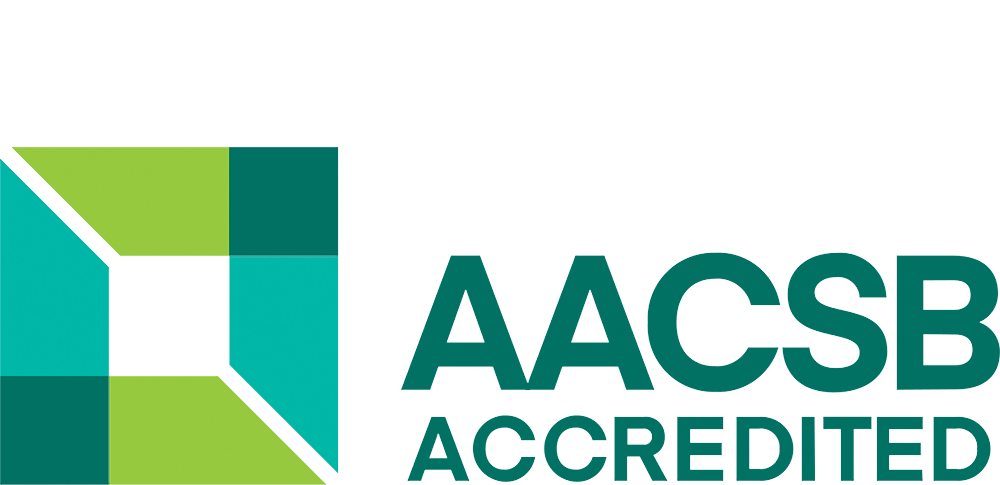The digital transformation has completely opened up the field of learning possibilities. Our relationship with education and training has changed profoundly and new technologies now allow us to learn anywhere, anywhere and at the pace that suits us best. Major schools such as IPAG have reinvented themselves to meet the new expectations of learners by fully integrating digital learning into their teaching methods a few years ago and by offering a campus totally dedicated to digital training.
Digital learning: definition
Digital learning" is a learning method based on the use of new digital tools to enable learners to learn in a different way, whether it be face-to-face, distance learning (asynchronous or synchronous) or blended learning. It is therefore not simply a question of digitising educational content but of a set of educational methods.
E-learning and Digital Learning: what differences?
Because of the many abuses of language concerning these two terms, there is sometimes a tendency to oppose them or to consider digital learning as a kind of enhanced e-learning. In reality, however, e-learning is only one important pedagogical modality of digital learning, which in turn encompasses all online learning methods and techniques. In other words, digital learning is the digitalisation of the entire learning experience: social learning, virtual meetings with professionals, online exams, networking with alumni, professionalization workshops, etc.
The different teaching methods of digital learning
Beyond e-learning as a means of asynchronous training from one's computer, here is an overview of the main existing teaching methods and solutions for digital learning.
- The virtual classroom
Based on the principle of traditional synchronous training, virtual classes allow trainers and learners to be brought together in the same virtual place, for example during a video conference.
- Serious games
Organised in various forms (simulation, gamification, etc.), they enable know-how to be learned in a fun and sometimes collective way.
- The MOOC (Massive Open Online Course)
The best-known teaching method, it is based on the use of a platform for training through videos, downloadable documents, quizzes, etc.
- SPOC (Small Private Online Course)
Similar to the MOOC, this interactive training course has the particularity of being aimed at a smaller group of learners, which encourages interactivity with the trainer and ensures that learners are followed up.
- Mobile Learning
As the name suggests, this involves training from your smartphone. A practice particularly suited to the "anytime, anywhere, anyplace" learning experience.
- Social Learning (social and collaborative learning)
Based on the exchange and sharing of experience within a group, this more informal and collaborative learning method is also used in a complementary way in the context of hybrid or face-to-face training.
- Adaptive learning
This concept refers to the ultra-customisation of certain training courses to adapt to the needs of each learner (specific modules and workshops, adapted training courses, etc.).
As you will have understood, with digital learning, the learner is not simply a consumer of content (that's e-learning), he or she is an integral part of a promotion and the success of a virtual training course, whether in the context of blended learning or 100% online, depends on the coherence and appropriateness of the combination of all these teaching resources.
Learn more about our teaching
What are the advantages of digital learning for online training?
The advantages of digital learning are numerous, particularly for the learner in the context of distance learning. First of all, there is the freedom to learn when you want (in the morning, in the afternoon, in one-hour blocks, etc.), where you want (at home, on the road, in the library, etc.), how you want (on your computer, smartphone, tablet, etc.) and at the pace you want (to go through certain points of the programme more quickly, come back to others, etc.). In other words, digital learning places the learner at the heart of the training and it is the training that adapts to the learner and not the other way round.
Am I suitable for a digital distance learning course?
If you are used to working independently or if you want to be able to manage your learning time to fit in with your family or professional life, distance learning is for you. But the advantages of this type of education can sometimes become disadvantages when the learner feels isolated, which can lead to a form of demotivation. This is why a school like IPAG uses digital learning, in all its forms, to offer its learners all the virtual experience of a classic classroom training. This includes modules dedicated to "learning to learn online", social working, coaching and fully personalised follow-up (IPAG Digital Learning Framework®).
IPAG's 100% online courses
The IPAG Online offer includes, for the start of the 2021 academic year, three Master of Science courses:
Discover our online trainings







